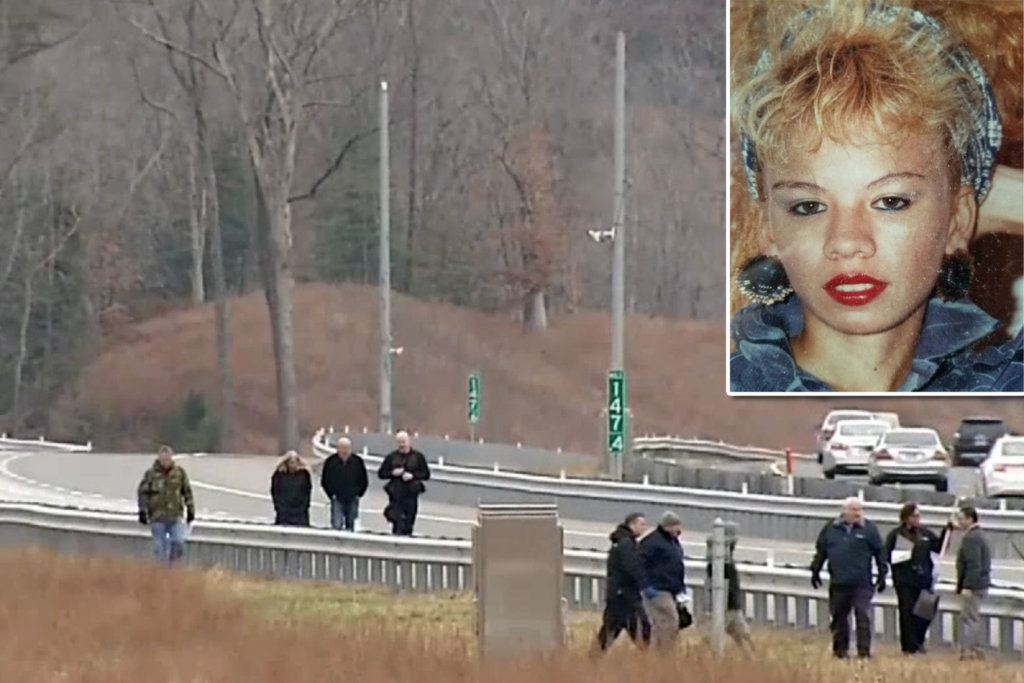
When Jose Angel Rodriguez-Cruz goes on trial on murder charges in October in connection with the 1989 disappearance of his estranged wife, prosecutors in Stafford County, Virginia, won’t have a confession or a witness to the killing. Instead, they intend to tell jurors about a man who confessed to killing one girlfriend, and bragged to another that it was “easy” to dispose of a body.
According to a list of evidence filed in Circuit Court, prosecutors have never recovered evidence detailing how 54-year-old Rodriguez-Cruz allegedly killed Marta Haydee Rodriguez, who was 28 years old when she vanished from Arlington, Virginia. Her remains were found in 1991, in the median of Interstate 95 in Stafford County, and were identified by DNA testing in 2018.
Rodriguez-Cruz pleaded guilty in 2017 to murdering Pamela Butler in her D.C. home. He was sentenced to 12 years in federal prison as part of a plea arrangement.
Hearings leading up to his guilty plea in the District provided an outline of details that prosecutors will hope to tell jurors when Rodriguez-Cruz’s Stafford County trial begins June 10.
He was indicted on charges of first-degree murder and concealing a dead body, and he pleaded not guilty last month.
It remains to be seen what jurors will be able to hear about Butler’s disappearance and death, even though Stafford County prosecutors have access to interviews and evidence that led to Rodriguez-Cruz’s conviction in D.C.
While the defense will likely argue circumstances related to a later crime should not be admissible in Rodriguez-Cruz’s trial in the 1989 killing of Rodriguez, prosecutors will counter that the motive, opportunity, intent and preparation in Butler’s death was nearly identical to that of Haydee Rodriguez, and should be allowed as evidence.
Other evidence listed in the prosecution document shows they intend to tell jurors that Rodriguez-Cruz told his second wife that he knew how to make a body disappear.
In the D.C. case, prosecutors said they had identified another woman who alleged Rodriguez-Cruz duct-taped her wrists, held a gun to her and sexually assaulted her. The incident, in Fairfax County, was never charged, but is listed as potential evidence in the Stafford County case.
“This man doesn’t impulsively kill,” said D.C. Assistant U.S. Attorney Glenn Kirscher in an April 2017 pretrial hearing in the Butler case. “Duct tape and a gun are his weapon of choice.”
A detective in the D.C. case said when Arlington police first searched Rodriguez-Cruz’s home in connection with Haydee Rodriguez’s disappearance, they found a semi-automatic pistol.
Rodriguez-Cruz had been arrested in Arlington and charged with assaulting Haydee Rodriguez. After she vanished, the charges were dropped.
Eventually, Arlington police thought they had learned Haydee Rodriguez was living in Florida. But in 2017, a D.C. detective learned that the Florida woman claiming to be Haydee Rodriguez was actually Rodriguez-Cruz’s second wife’s sister.
The woman, who according to the prosecution document could be called to testify in Stafford County, told police that Rodriguez-Cruz had provided Haydee Rodriguez’s date of birth and Social Security number, and she had assumed her identity.
Stafford County Assistant Commonwealth’s Attorney Ryan Fitzgerald and public defender Brenda Mallinak declined to discuss items and people listed in the prosecution document.
If convicted, Rodriguez-Cruz could face life in prison with no chance of parole.








